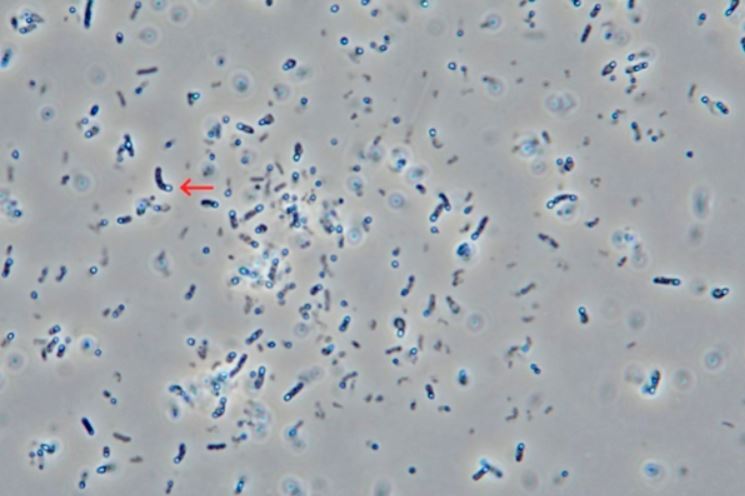Daewoong and Medytox once again butted heads over newly submitted DNA investigation reports about each other’s BTX strains.
The South Korean manufacturers of wrinkle-erasing botulinum toxin products Meditoxin and Nabota are entangled in legal battles in Korea and the US regarding the source of Daewoong’s BTX strain. Medytox claims Daewoong stole its BTX through a former employee who moved to Daewoong.
DNA analysis of the two firms’ BTX was intended to shine a light on the riddle.
However, two experts used different methods of analyzing the DNA and reached different conclusions. Daewoong’s appointed expert, David Sherman, used the whole genome sequencing method and declared the two firms’ BTX strains to be different; while Medytox’s appointed expert, Paul Keim, employed the single nucleotide polymorphism method and said Daewoong’s BTX strain had indeed been derived from the Medytox strain.
The Medytox report was submitted to the US International Trade Commission on Sept. 20, while Daewoong handed in its rebuttal Oct. 11.
Daewoong claimed Medytox’s method of analysis was invalid and that its own expert report scientifically proved that Daewoong had independently discovered its BTX. Daewoong said it wished to put an end to the suit quickly and hold Medytox accountable for what it called the false charges.
Medytox in turn said it would shoulder all legal responsibility if Daewoong Pharmaceutical were proven innocent. Medytox said it was willing to disclose the entire expert report, if only Daewoong would agree to it.
Daewoong, on the other hand, is counterattacking, questioning whether Medytox’s BTX strain truly is Hall A Hyper BTX strain from the University of Wisconsin as the company has claimed.

Daewoong's BTX forms spores in test (Daewoong Pharmaceutical)
Medytox has insisted throughout the legal fight that Daewoong’s BTX was appropriated, having been derived from Medytox’s, and that tests would prove it. If the BTX strain matched Medytox’s, the company claimed, it wouldn’t form spores because Hall A Hyper BTX strains can never form spores under any circumstances. However, Daewoong hired another expert, Michel Popoff, to carry out spore formation tests and the Daewoong BTX did form spores. Medytox then altered its stance, citing expert Andrew Pickett in questioning Daewoong’s methodology.
All the experts appointed by Daewoong and Medytox were profiled by the USITC, which approved their involvement in the case as experts.
Daewoong is turning Medytox’s former arguments against it in saying that Medytox’s prized BTX may not be Hall A Hyper strain as previously stated.
The USITC’s evidentiary hearing for Daewoong and Medytox’s BTX DNA reports is likely to take place Feb. 4-7, 2020.
The final initial determination is due June 5, 2020, and the investigation is tentatively set for completion Oct. 6, 2020.
By Lim Jeong-yeo (kaylalim@heraldcorp.com)


![[Herald Interview] 'Amid aging population, Korea to invite more young professionals from overseas'](http://res.heraldm.com/phpwas/restmb_idxmake.php?idx=645&simg=/content/image/2024/04/24/20240424050844_0.jpg&u=20240424200058)

![[Pressure points] Leggings in public: Fashion statement or social faux pas?](http://res.heraldm.com/phpwas/restmb_idxmake.php?idx=645&simg=/content/image/2024/04/23/20240423050669_0.jpg&u=)

